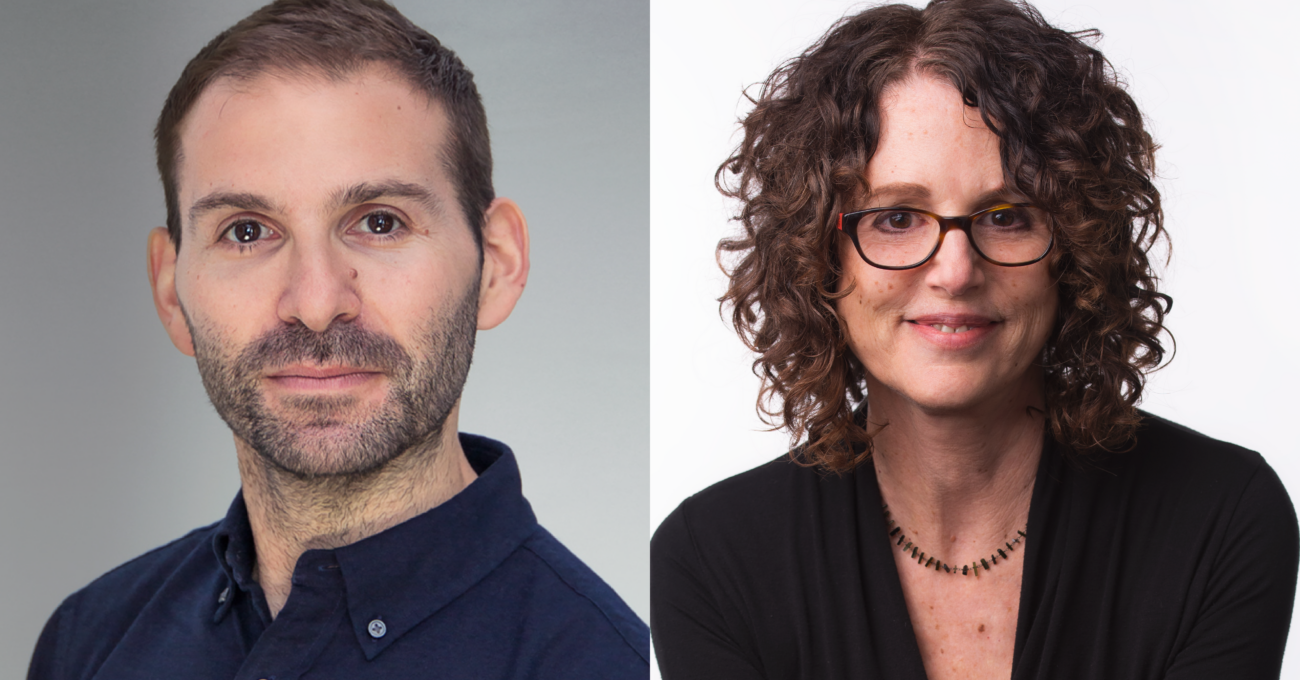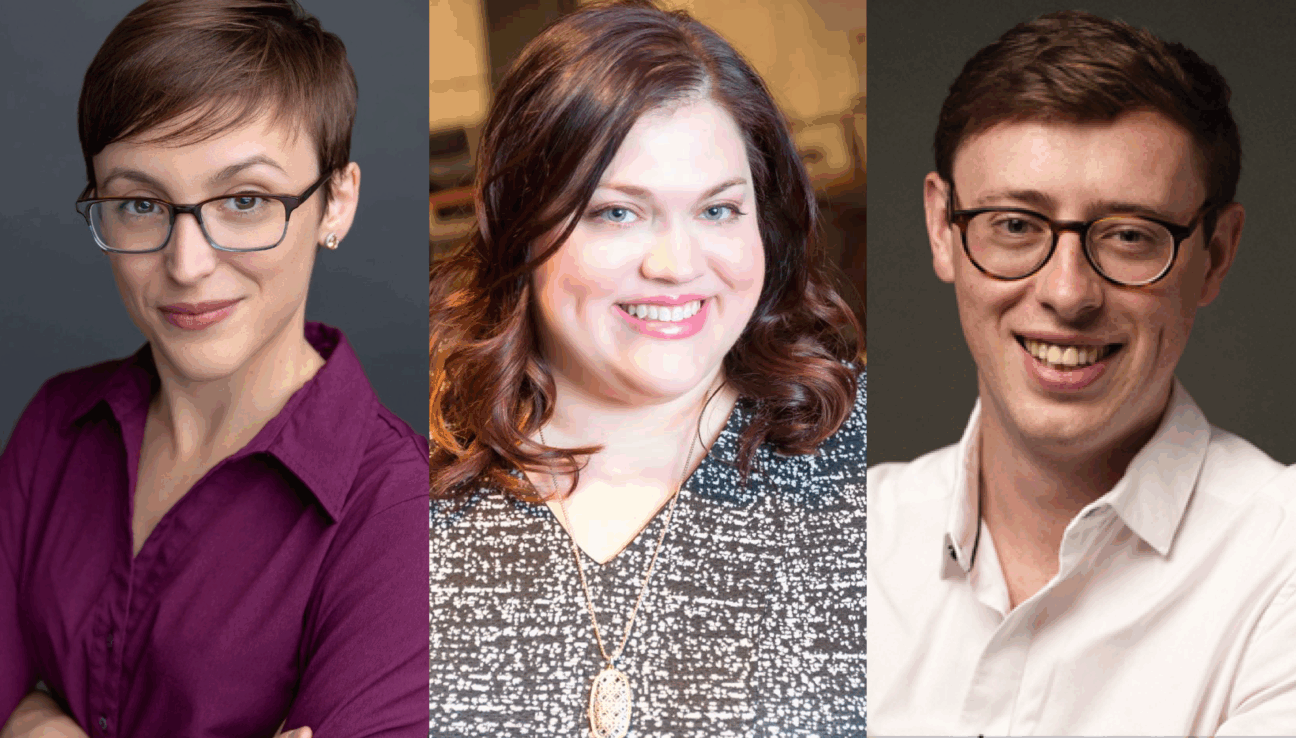
Great theater starts by creating trusted conditions for talent and creativity to thrive.
Cody Renard Richard is a Tony Award-winning producer and stage manager whose career spans Broadway, television, opera, and even Cirque du Soleil. Along the way, his backstage leadership has shaped acclaimed productions like the 2025 revival of Ragtime and this spring’s CATS: The Jellicle Ball.
In this episode, Cody talks about what it really means to lead from behind the scenes, and why stage management is such a powerful training ground for leadership. He reflects on his path through the industry, how he’s navigated power and visibility in a field that doesn’t always make room for everyone, and what it looks like to advocate for artists and audiences without burning out or losing yourself in the process.




